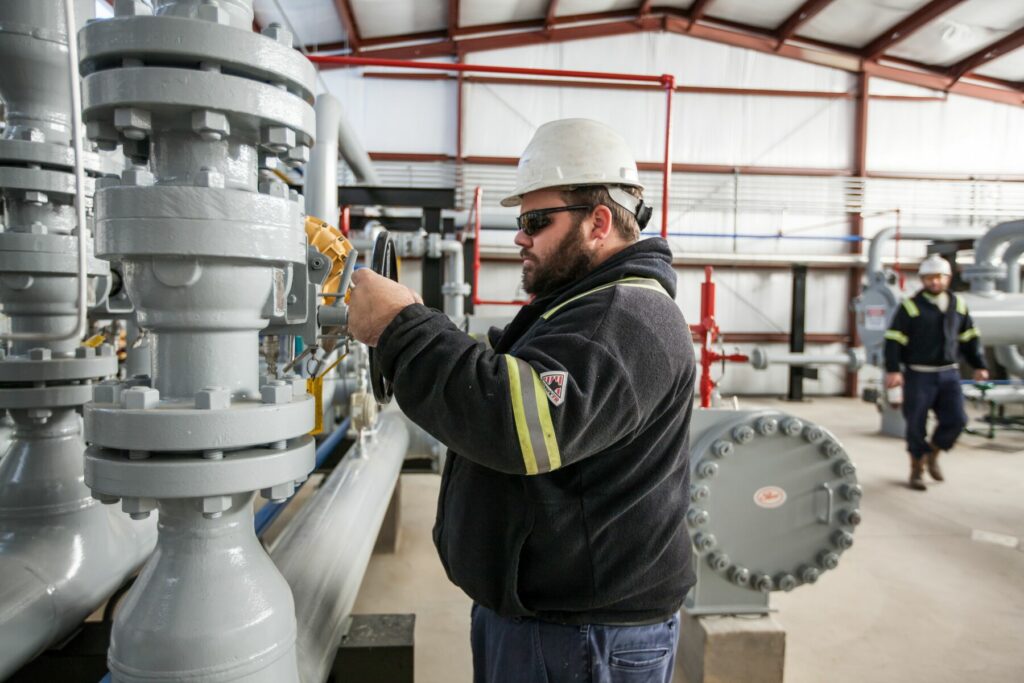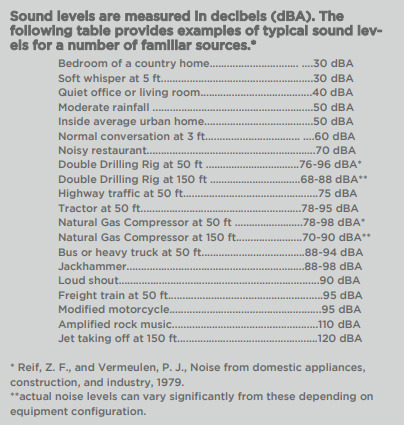
For readers looking for reputable, unbiased journalism, the Post-Gazette’s coverage of tightly regulated energy development continues to disappoint.
As we saw in last year’s Human Toll series, the authors again took a predetermined narrative in their latest piece focused on a Washington County compressor station location.
Energy companies – and the tens-of-thousands of Pennsylvanians they employ – are committed to protecting the health, safety and environment of the communities in which they work and live.
Our industry and the modern technology used to safely develop American natural gas is built on cutting-edge scientific research and we absolutely support fact-based, objective research and impartial media reporting.
Here are several key facts and critical context about the Post-Gazette’s most recent article:
- Relies on Anti-Natural Gas Activist Research: Without transparently providing context to readers, the authors reference research from Physicians, Scientists, and Engineers for Health Energy, a group founded by self-proclaimed anti-fracking activist Tony Ingraffea, who, as Energy In Depth has reported, has bragged that his research is “a form of advocacy” and “we have advocacy-laced words and phrases in our papers.”
Despite the PG’s reporting, the referenced 2017 PSE-funded study finds no causal link between health impacts and oil and natural gas activities. As the author’s write: “The majority of populations living in communities with active oil and gas development may not experience many of the dBA readings and estimates mentioned in this report, depending on the siting of oil and gas operations, topography, and infrastructure.”
Other research cited – including a 2016 “study” by a University of Maryland researcher – relied on anti-natural gas activists to organize the “focus groups” key to the researchers’ findings. What’s more, the study was published in PLOS One, which has been heavily criticized by the academic community as “an absolute joke of a journal”.
And, since the PG could not find a study to fit their predetermined narrative, they turned to a dated study from Norway that’s unrelated to midstream infrastructure in their attempt to make a “connection” to multiple myeloma.

- Safe, Responsible Operations: Every aspect of energy infrastructure development, which is overwhelmingly built by local building trade union members, is exhaustively reviewed, rigorously permitted and strongly regulated by local, state and federal agencies. Specifically, compressor stations are critical to moving natural gas safely and efficiently hundreds of miles through pipeline systems to consumers, small businesses, schools, hospitals, manufacturers and other end-users.
***Click HERE to Learn More about Natural Gas Infrastructure***
Compressor station operators and other midstream facilities undertake extensive measures to eliminate or greatly reduce sound levels, to the benefit for area property owners, neighbors and the community.
Despite reporting on “noisy” operations, the PG did not attempt to measure decibels (dBA) at the property mentioned, which sits more than 1,300 feet away from the compressor site.
For example, a quiet office or living room measures 40 dBA, normal conversation at 3 feet measures 60 dBA, a busy restaurant 70 dBA, an airplane taking off 150 dBA, and a natural gas compressor station at 150 feet measures 70-90 dBA, depending on a variety of factors.
***Click HERE to Learn More About Sound Levels***
- Story Ignores Independent, Objective Science: As has been the pattern with the PG’s reporting around safe, tightly regulated natural gas development, the paper routinely ignores or dismisses independent research that disproves the authors’ narrative. For example, Pa. DEP’s health study released in 2015 “found limited impacts to the air quality” around natural gas sites and “little risk of health residents getting sick from breathing the air nearby.” Other research, as we’ve shared with the PG and included in our rapid response blog, includes a 2019 study which found “no air quality issues that would affect people’s health.”
For additional fact-based information in response to the Post-Gazette’s series of reporting, click on the links to our previous posts below:
Key Facts About Post-Gazette’s Latest Stories
FACT CHECK: Post-Gazette’s Narrative on Natural Gas Conflicts with Facts
Top Medical Experts: “No Known Lifestyle or Environmental Causes” for Rare Childhood Cancer
Post-Gazette’s Claims on Childhood Cancer Unsupported by Medical Experts, Science
Recent blog posts:




